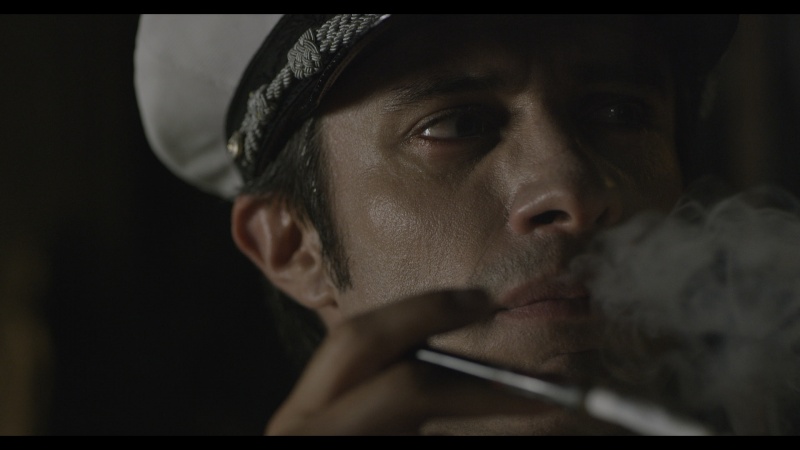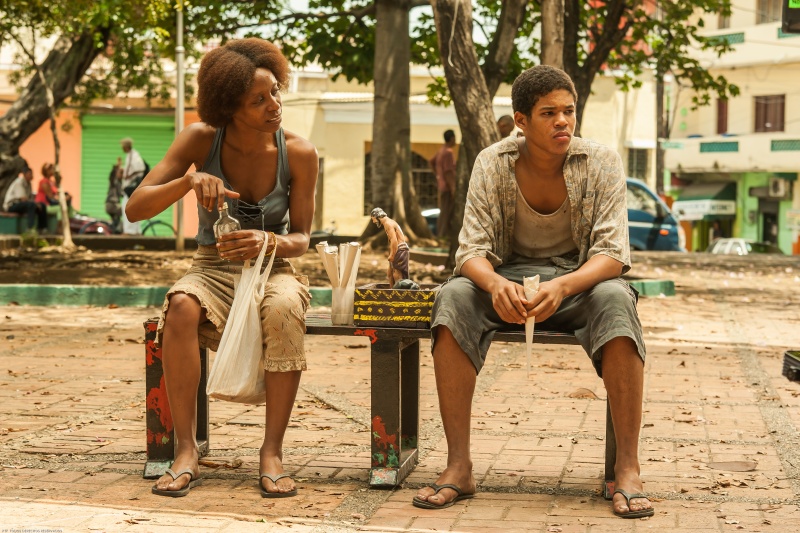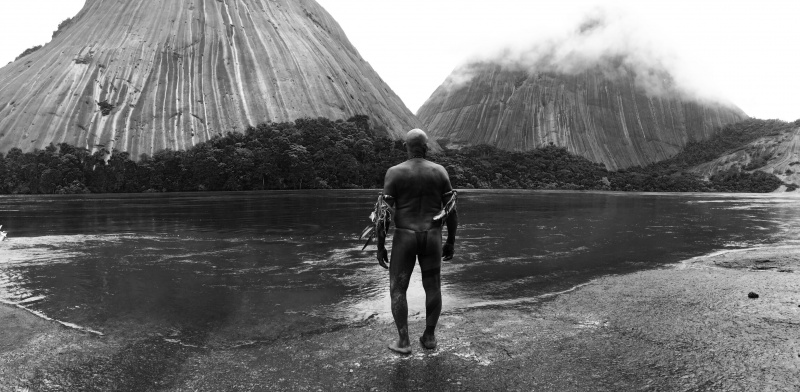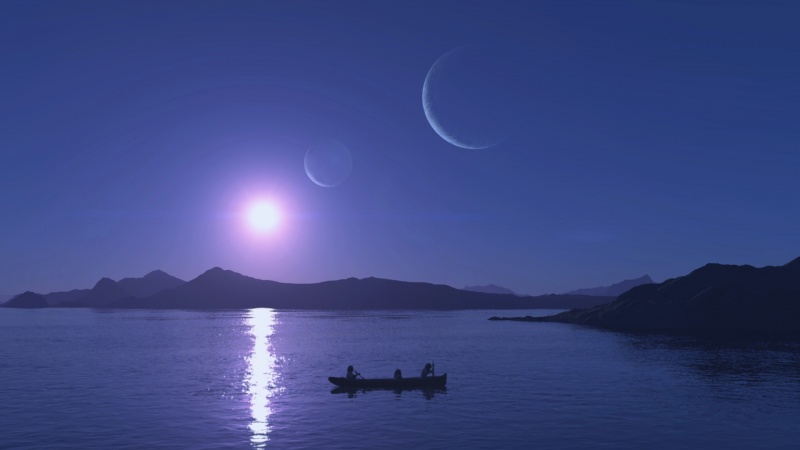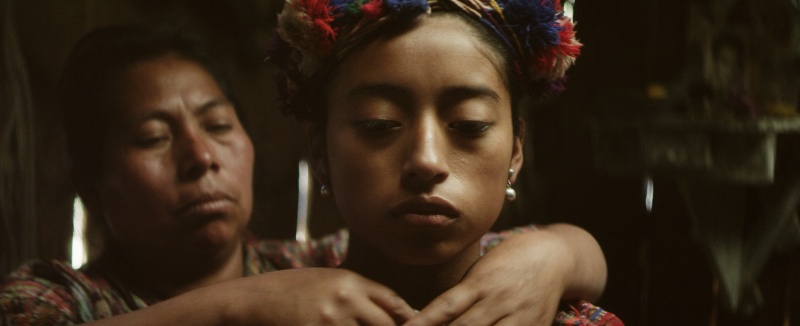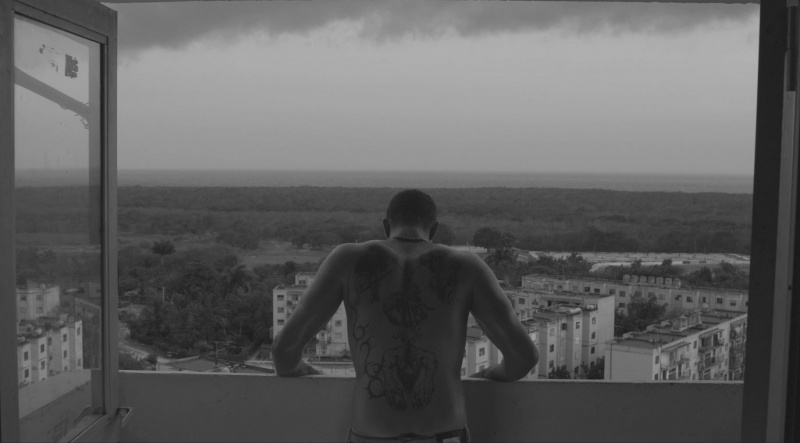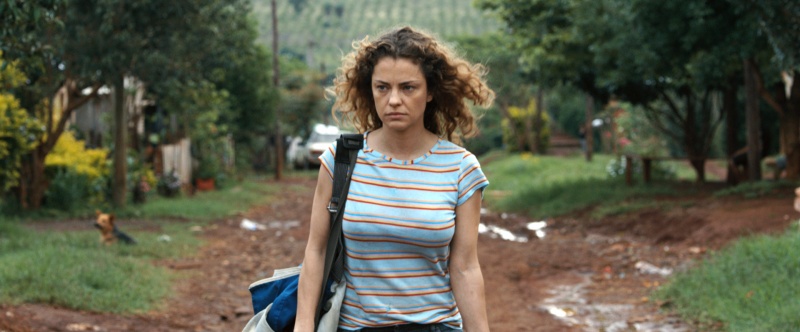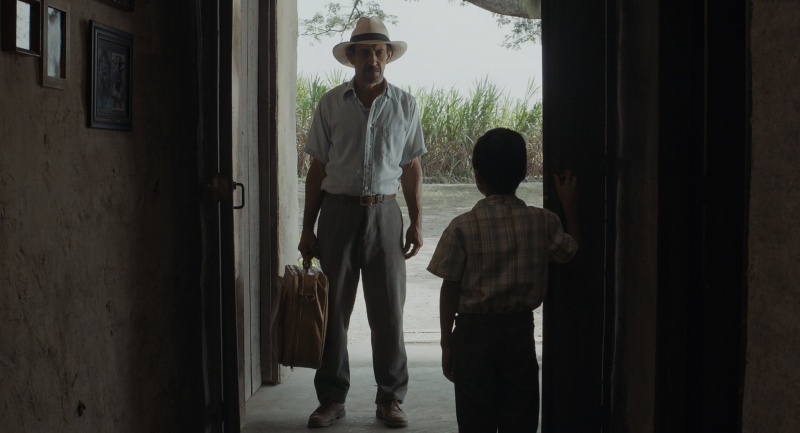The 63rd San Sebastian Festival will award, for the first time, the new Cooperación Española Award to the producer of the Latin American Film that best contributes to human development, the eradication of poverty and the full exercise of human rights.
Any of the Ibero-American films selected for the Official Selection, New Directors and Horizontes Latinos sections can compete for the Award, to be decided by a specific 3-member jury:
Rubén López Pulido, Director of Communication with Cooperación Española
Is responsible for the AECID (the Spanish Agency for International Development Cooperation) public and institutional communication strategy, brand management, reputation and marketing. He studied Philosophy at the UNED National University for Distance Learning, Marine Engineering in Naples and at the UPM-Madrid, and Economy & Development at the LSE (London School of Economics).
Professor on the Masters in Cooperation at Granada University, he has worked for several years in UN agencies, such as the FAO and the IMO. He is a member of the jury for the EFE-King of Spain Journalism Awards and has been, since 2014, curator of the Cooperación Española exhibition “CooperaciónESdesarrollo”. He is the author of a maritime book for Oxford’s Butterworth/Heinemann publishers, and of numerous articles on cultural and film criticism for different magazines. The latest, a philosophical and psychoanalytical study of Hitchcock’s Vertigo dedicated to Eugenio Trías. He is currently working on a book about the film director Michael Mann.
Pablo Berástegui, Director of DSS2016
Pablo Berástegui (Pamplona, 1968) is, since October 2014, Director General of San Sebastian, European Capital of Culture 2016.
He has developed a solid career as a cultural producer in Spain, working in different fields, mainly in large-scale and collaborative projects. He was director of PHotoEspaña, the International Festival of Photography and Visual Arts, from 2002 until 2006, and also of four editions of La noche en blanco, from 2007 until 2010. In 2008 he was named General Coordinator of the Matadero Madrid, a new centre for contemporary creation in that city, where he worked until 2012, when he was invited to take charge of refining and launching another of the major cultural projects in the capital, Conde Duque, where he worked throughout 2013, until he left Madrid to undertake the Pausa project, a programme of residencies for artists, thinkers and poets in the rural environment.
In October 2014 he joined the San Sebastian, European Capital of Culture 2016 team as its General Director.
Jaione Askasibar, Director of Communication at Donostia Kultura
Has been directing, since 1998, the Communication and Image strategy of DONOSTIA KULTURA, a cultural institution which encompasses the management and programming of a large part of the cultural offer in San Sebastian.
She had previously managed Communication at Adegi, the Association of Entrepreneurs of Gipuzkoa.
Her early professional steps, however, are connected to journalism as editor-in-chief of the audiovisual production company Editmedia in Madrid (1987-1988), and as editor of the weekly Actualidad Económica (1992-1998), specialising in ITC.
This is the agreement reached between the San Sebastian Festival and the Spanish Agency for International Development Cooperation (AECID) with the aim of strengthening the commitment of both parties to working jointly with the Ibero-American audiovisual industry in order to promote new talents, foster the production of film projects and strengthen the commercialisation and internationalisation of the films.
Furthermore, the Agency will also organise a round table on co-productions between Europe and America and present ‘Red in Cortos’ in the framework of the Europe-Latin America Co-production Forum, to take place as part of the 63rd edition of the Festival, at the San Telmo Museum, on September 21, 22 and 23.
Cooperación Española therefore consolidates its ties with one of the leading international cinematic events, the San Sebastian Film Festival. By way of an example is the Horizontes Latinos section, with which it has been collaborating since it began, and which was created to provide space for the most important Ibero-American production of the year, in addition to films still not released in Spain.
OFFICIAL SELECTION
Evita Perón has died. She is the most loved, but also the most hated political figure of Argentina. A leading expert is given the task of embalming her. After months of hard work, the result is perfect. Meanwhile in Argentina, the coups come one after the other and some dictators want to delete Evita’s legacy from the people’s memory. Her body therefore becomes the focal point of clashes lasting for 25 years. 25 years during which Evita was a more powerful figure than any other living politician.
Agustí Villaronga adapts the novel of the same name by Pedro Juan Gutiérrez. Recently escaped from reformatory, young Reinaldo tries to get by in the streets of Havana in the late 90s, one of the worst decades for Cuban society. Hopes, disillusionment, rum, good humour and above all hunger, accompany him in his wanderings until he meets Magda and Yunisleidy, survivors like himself. In one or the other's arms, he will try to escape the material and moral misery surrounding him, living love, passion, tenderness and uninhibited sex to the limit.
HORIZONTES LATINOS
Premiered at the Cannes Festival Directors’ Fortnight, the latest film from Ciro Guerra tells the epic story of the first contact, encounter, approach, betrayal and, eventually, life-transcending friendship, between an Amazonian shaman and two Western explorers.
Chilean filmmaker Patricio Guzmán talks to us in his latest documentary about water, the cosmos and ourselves, human beings. It all begins with the discovery of two mysterious buttons in the depths of the Pacific Ocean, off the coast of Chile. Winner of the Silver Bear for Best Script at the Berlin Festival.
María, a 17 year-old Mayan girl, lives and works with her family in a plantation on the Guatemalan plateau. Her days go by uneventfully until her parents arrange her marriage to the estate foreman, Ignacio. A film that landed a special mention at the last edition of Films in Progress and competed at the Berlin Festival, where it won the Alfred Bauer Award.
Amidst a mosquito plague, Leonardo, struggling with the breakdown of his relationship, moves back to live with a grandfather who fights with everyone and everything, and a father living with the melancholy of the unfinished. Tiger Award-winner at the last Rotterdam Festival.
Paulina decides to leave her brilliant law career to teach in a downtrodden Argentinian region. In a hostile atmosphere, she will set about her pedagogical mission, even if it means losing her boyfriend and confrontation with her father. Winner of the Grand Prix and Fipresci Award at the last Cannes Festival Critics’ Week.
Winner of the Caméra d’Or at the Cannes Festival, after having participated at the San Sebastian Co-Production Forum in 2013, this film portrays a family as they try to repair the fragile ties that bind them in the face of their imminent disappearance, brought about by the overwhelming power of progress.



